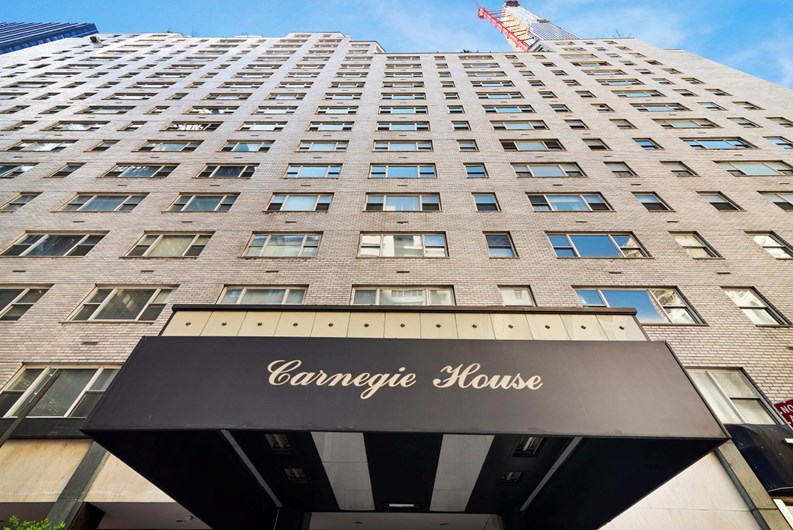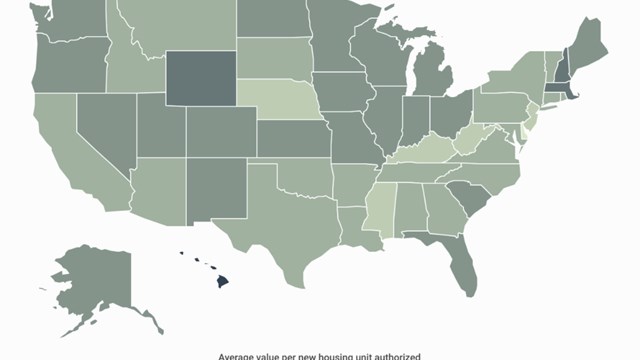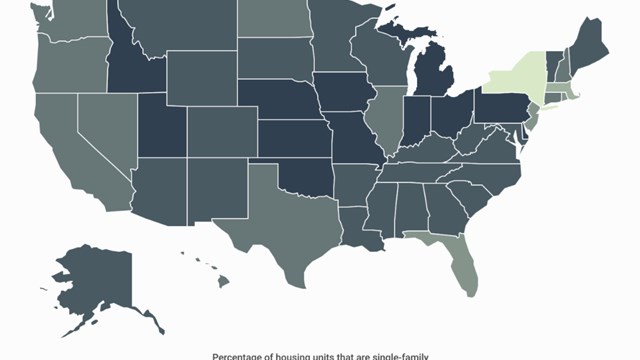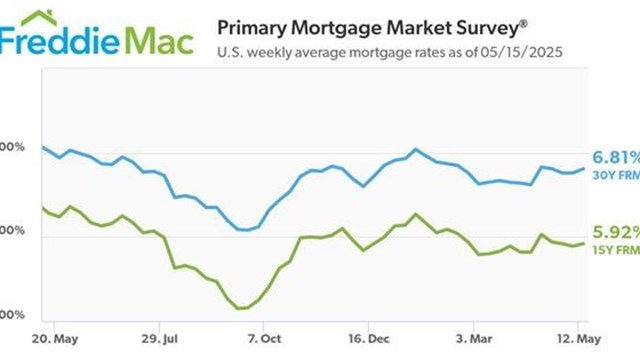A recent item in the Wall Street Journal highlights the potentially dire situation facing residents of Carnegie House, a 324-unit brick co-op building on what’s now called ‘Billionaire’s Row’ in Midtown Manhattan just south of Central Park. Thanks to the cooperative's specific ownership structure, shareholders could soon see their monthly fees increase by a gut-churning 450%.
At the heart of the issue is what’s known as a long-term ground lease. Most cooperative corporations own both the brick-and-mortar structure that shareholders call home and the ground upon which that structure sits; with a long-term ground lease however, that’s not the case. Instead, while the co-op owns the building itself, the land underneath it is owned by a third party, who then leases it back to the co-op. The co-op is technically a tenant, albeit one that can build on and make alterations to the property.
The purpose of land leases was initially to make housing more affordable—particularly in expensive areas, like Midtown Manhattan—by allowing buyers to pay less up-front for their units, and spread out the differential in cost through rent payments to the landowner. Land leases often last for decades, and like other leases can be renewed or renegotiated. If a land lease expires however, the landlord may be able to take ownership of any structures on the underlying land—including apartments, amenities, and any new or improved structures built by the tenant corporation.
It doesn’t take a degree in economics to predict how this arrangement could backfire on leaseholding co-ops and their residents, should the value of the land under their building appreciate sharply, and the landowner wish to capitalize on that appreciation by raising the rent, or cashing out and selling the parcel to a third party that could then do as it pleases with the land and whatever sits on it.
Unfortunately, this is precisely the situation facing the residents of Carnegie House, who told the WSJ that when they purchased their apartments, they were informed of the ground lease, but advised by their attorneys that it wasn’t likely to trigger any dramatic cost increases. The building converted to co-op in 1978, and while the Plaza Hotel, Carnegie Hall, and a slew of luxury retailers are only a block or two away, few would have predicted how precipitously real estate values in the neighborhood would rise over the next few decades—particulary over the last 10 or 15 years.
Fast-forward to 2014, when the land under Carnegie House was sold to developers Rubin Schron and David Werner for $261 million; fast-forward again to 2025, when the land lease reset, and an independent arbitration panel moved to raise the co-op’s annual ground rent from $4.36 million to around $24 million — a 450% increase.
According to the WSJ, if the lease tenants — which include not just the residential co-op, but also retail and garage spaces — can’t pay the new rent, “The building could go into default and residents would lose all equity in their homes.” Even worse, if the ground lease is terminated, anyone with a mortgage in the building could be stuck owing the bank, despite no longer owning their units. One couple who bought into the building in the 1990s told the Journal that the looming rent hike could push the monthly carrying costs on their two-bedroom unit from around $5,000 to an unsupportable $13,000. Another couple in their 80s and on fixed incomes report facing a jump of over $5,000 per month.
Real Estate ‘Time-Bombs’
Needless to say, tensions are running high between Carnegie House residents and the new landowners. Shareholders say they're facing not only eviction, but financial calamity; the developers counter by saying that shareholders knew the risks of buying into a building with a land lease when they purchased their apartments, and got a discount at the time for doing so. Indeed, this trouble has been brewing for a while, with the Journal reporting that “After the 2014 sale, major banks stopped issuing mortgages in the building. Prices have tanked. One unit that sold for $535,000 in 2015 is now listed for $189,000.”
And Carnegie House isn’t the only co-op facing this scenario, unfortunately. According to the Ground Lease Co-op Coalition (GLCC), a non-partisan coalition of co-op owners advocating for legislation to address “fundamental flaws in the residential ground lease system [that were] never anticipated decades ago,” more than 25,000 New Yorkers live in co-ops with land arrangements similar to Carnegie House. Many of those leases were written decades ago—some as far back as the 1950s—by developers that no longer exist, and could not have predicted the trajectory of property values in the neighbohoods where these communties are located. Many leases have changed hands multiple times over the ensuing years, and are nearing expiration or scheduled resets that could trigger the same chaos Carnegie House residents are experiencing. In the words of one Manhattan-based real estate attorney who’s worked on similar cases, “These co-ops are time bombs.”
Legislation - Pro & Con
While it may be futile to rail against spiralling real estate costs in a hyperinflated market like Midtown Manhattan, according to the GLLC, “It is fundamentally unfair that co-op owners in ground lease co-ops be at the mercy of landowners who exercise monopolistic power over their fate. Ground lease co-op homeowners must be extended the same rights and protections of other apartment owners and tenants. Legislative protection is needed.”
To that end, and pressed to act by groups like the GLCC, State lawmakers introduced a bill in 2024 to cap rent increases after ground leases expire, among other protections. Unfortunately for affected residents, the bill didn’t advance. A narrower version passed some committees in 2025, but then stalled.
The bill does have its detractors. For example, according to the Journal, The Real Estate Board of New York (REBNY) opposed the legislation, arguing that “Meddling in longstanding contracts for the benefit of a small handful of largely wealthy homeowners and real-estate speculators in Manhattan is bad public policy.”
The Lesson Here
Regardless of how the situation at Carnegie House plays out, or whether legislative protection for ground lease shareholders gains traction to become law, prospective co-op buyers would do well to ask—and have a qualified attorney confirm—whether the building in question sits on a ground lease, and if so, how much time is left on that lease. If it’s less than 20 years, or if the lease contains rent reset clauses, that could be a problem for you, both as a buyer and as an eventual seller. As a shareholder, you could find yourself in similar straits as the Carnegie House residents, facing massive cost increases; as a seller, you could be stuck with a devalued asset that lenders won’t touch. By getting and staying informed and up to date with the issue, you can avoid—or at least brace for—these complications.










2 Comments
Leave a Comment